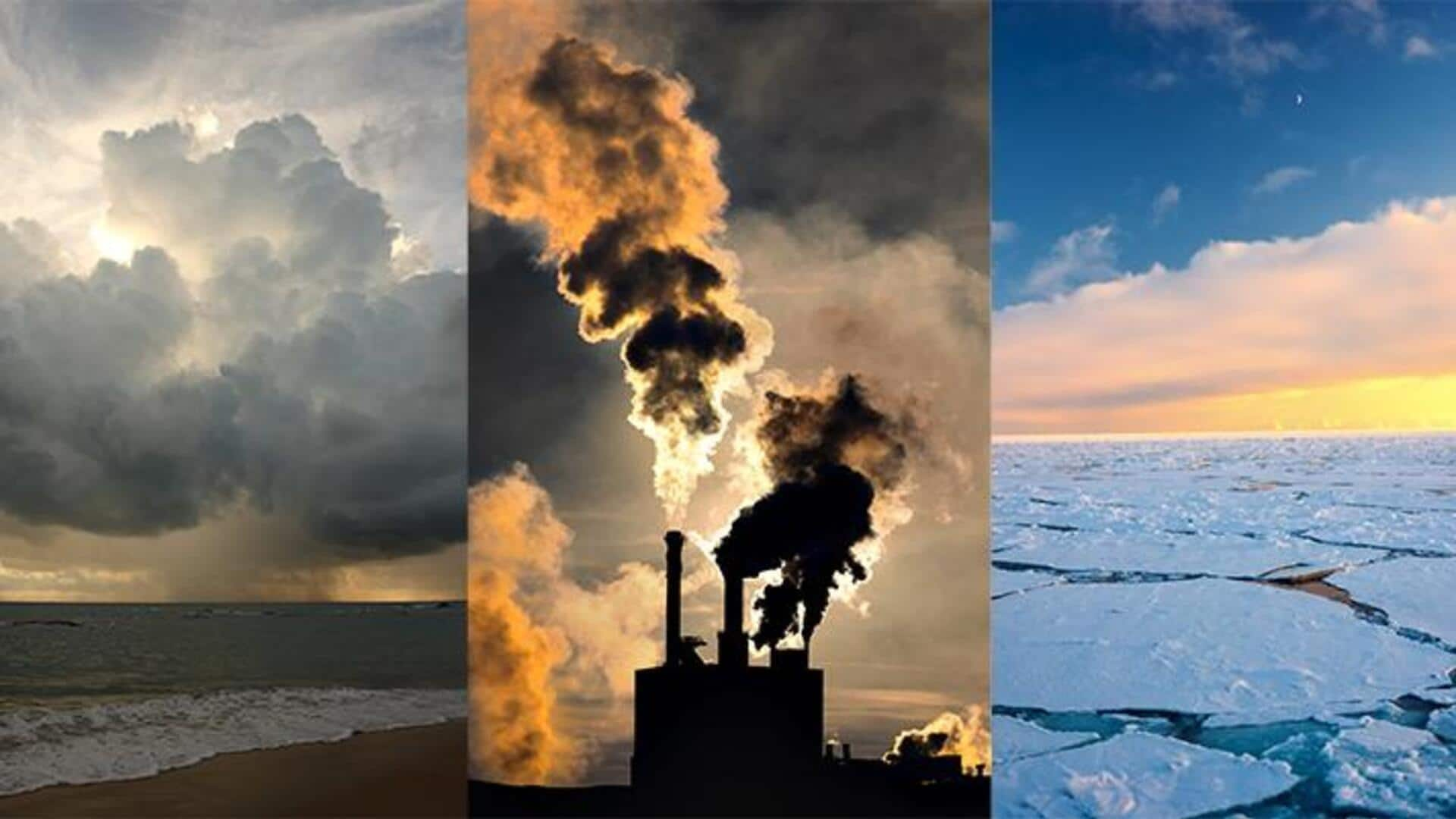
1.5°C climate target still achievable with urgent action, says study
What's the story
A new assessment from Climate Analytics suggests that the world can still avoid the worst impacts of climate change and return to the 1.5°C target set in the Paris Agreement. The report emphasizes that current government targets are inadequate and need to be rapidly revised. It calls for a major increase in renewable energy use and electrification of key sectors such as transportation, heating, and industry.
Summit details
UN warns of catastrophic temperature rise
World leaders are currently meeting in Belem, Brazil, to discuss the ongoing climate crisis. The discussions come ahead of the COP30 UN climate summit starting Monday. A recent UN Environment Programme (UNEP) report warned that current national government plans could lead to a temperature rise of about 2.3°C to 2.5°C—levels scientists say would trigger extreme weather events and severely damage key natural systems across the globe.
Mitigation strategy
Roadmap to 1.5degC
The Climate Analytics group has proposed a roadmap that could limit global warming to 1.7°C before 2050. This could be further reduced to 1.5°C by the end of the century through fossil fuel phase-out and carbon removal technologies. However, scientists have identified several key tipping points—like the melting of Greenland's ice sheet or Amazon rainforest turning from a carbon sink into a source of atmospheric carbon release—that could be triggered as Earth continues to warm.
Urgent call
Political failure behind exceeding limit
Bill Hare, CEO of Climate Analytics, stressed the political failure behind exceeding the 1.5°C limit. He warned that this could lead to increased damages and risk of tipping points that could have been avoided. However, he also highlighted their roadmap as a way to bring warming back well below 1.5°C by 2100 with concerted global action on emissions reduction.
Emission targets
Last 5 years a lost opportunity
Climate Analytics advocates that global emissions must fall by about 20% by 2030 from 2019 levels, and by 11% annually in the 2030s to limit warming to 1.7°C. Methane emissions should be cut by 30% by 2035. Neil Grant, a senior expert at Climate Analytics, highlighted the last five years as a lost opportunity but also noted a revolution in renewables and batteries that can help accelerate progress toward a clean energy future.
Future commitments
NDCs at COP30
At COP30, all countries are expected to present their Nationally Determined Contributions (NDCs) under the Paris Agreement. These plans should outline targets for carbon reduction and measures to achieve them. However, UNEP analysis found that current NDCs would lead to a world about 2.3°C to 2.8°C hotter than preindustrial levels—potentially triggering irreversible changes in the process.